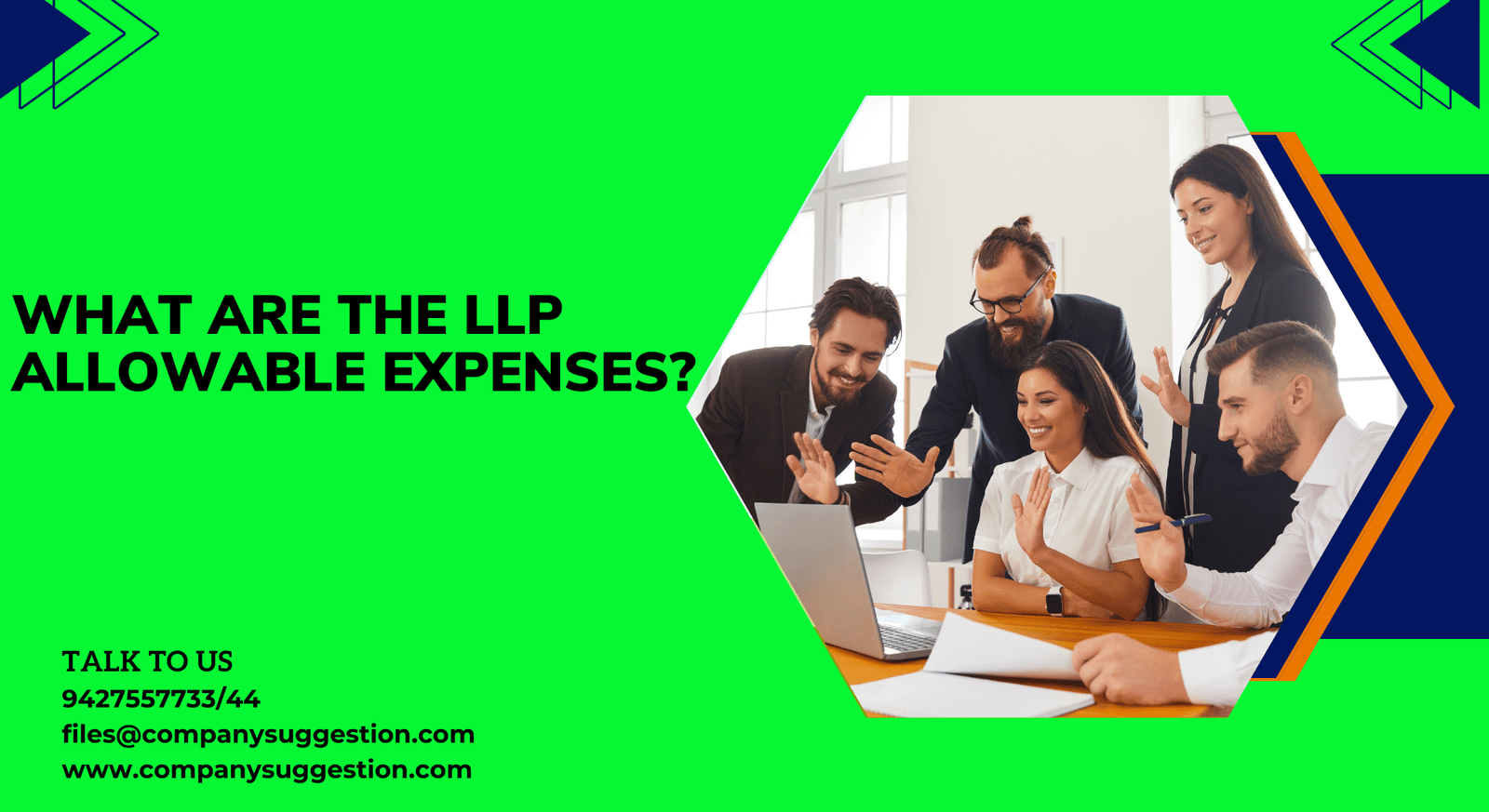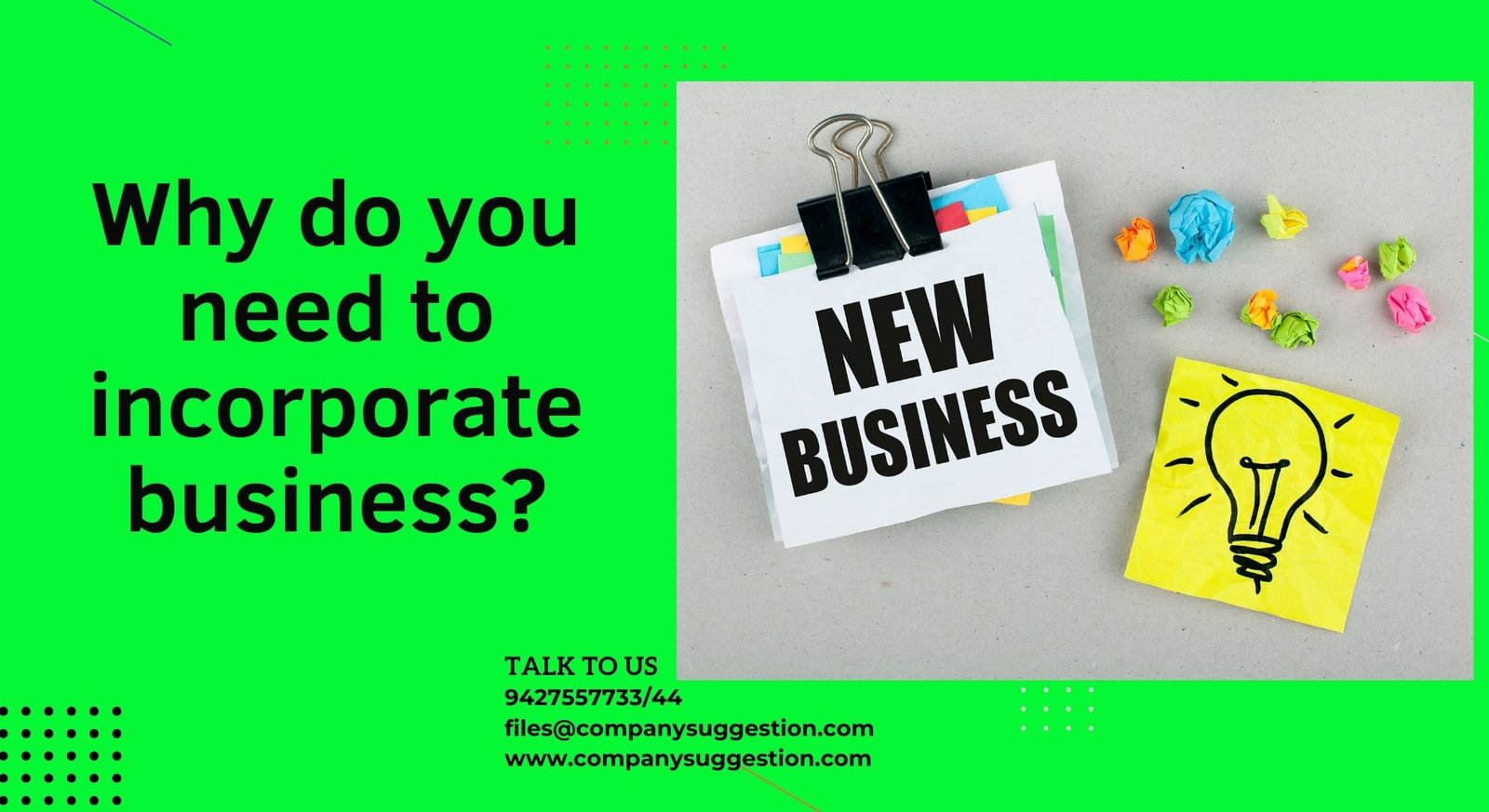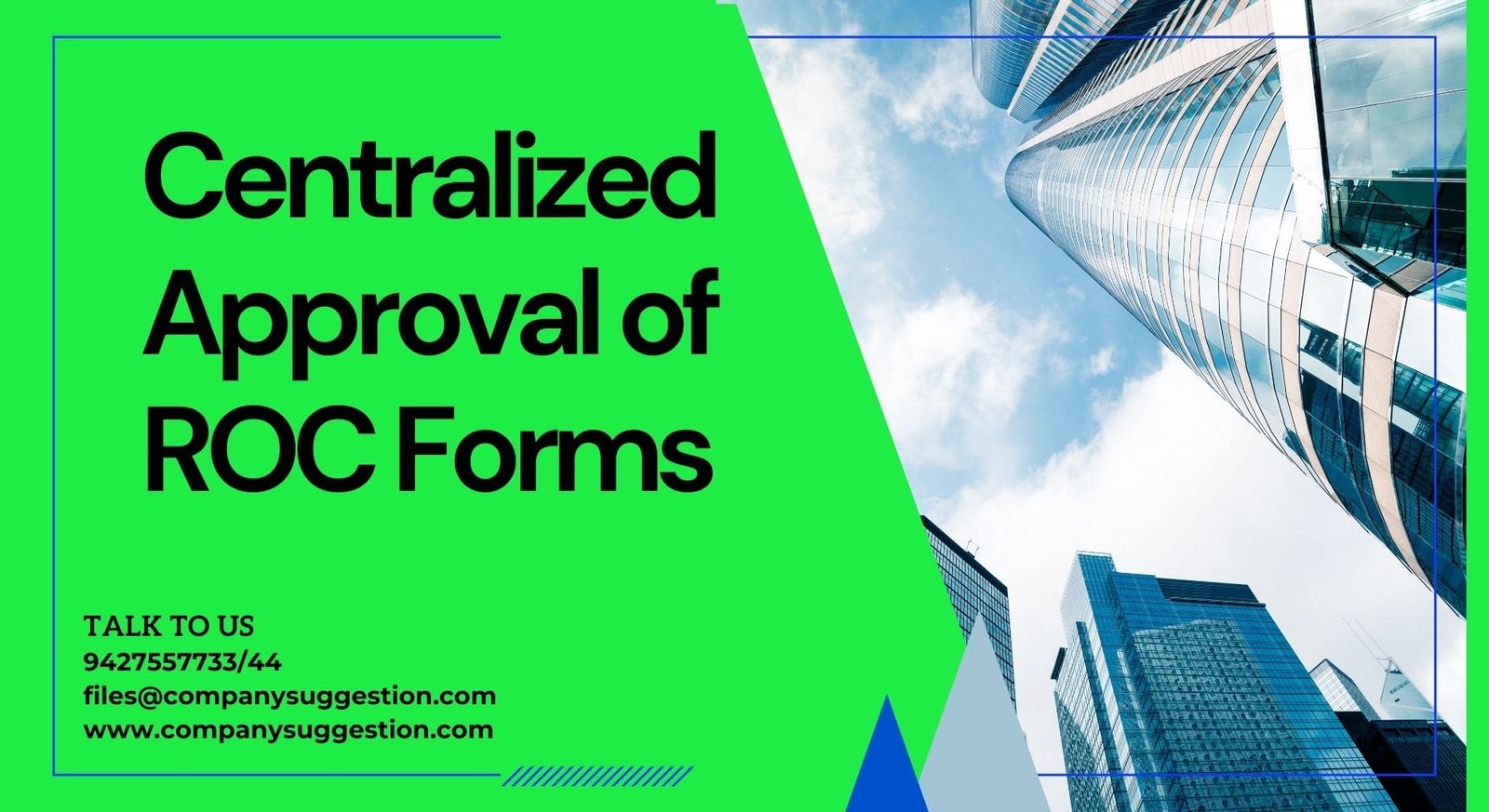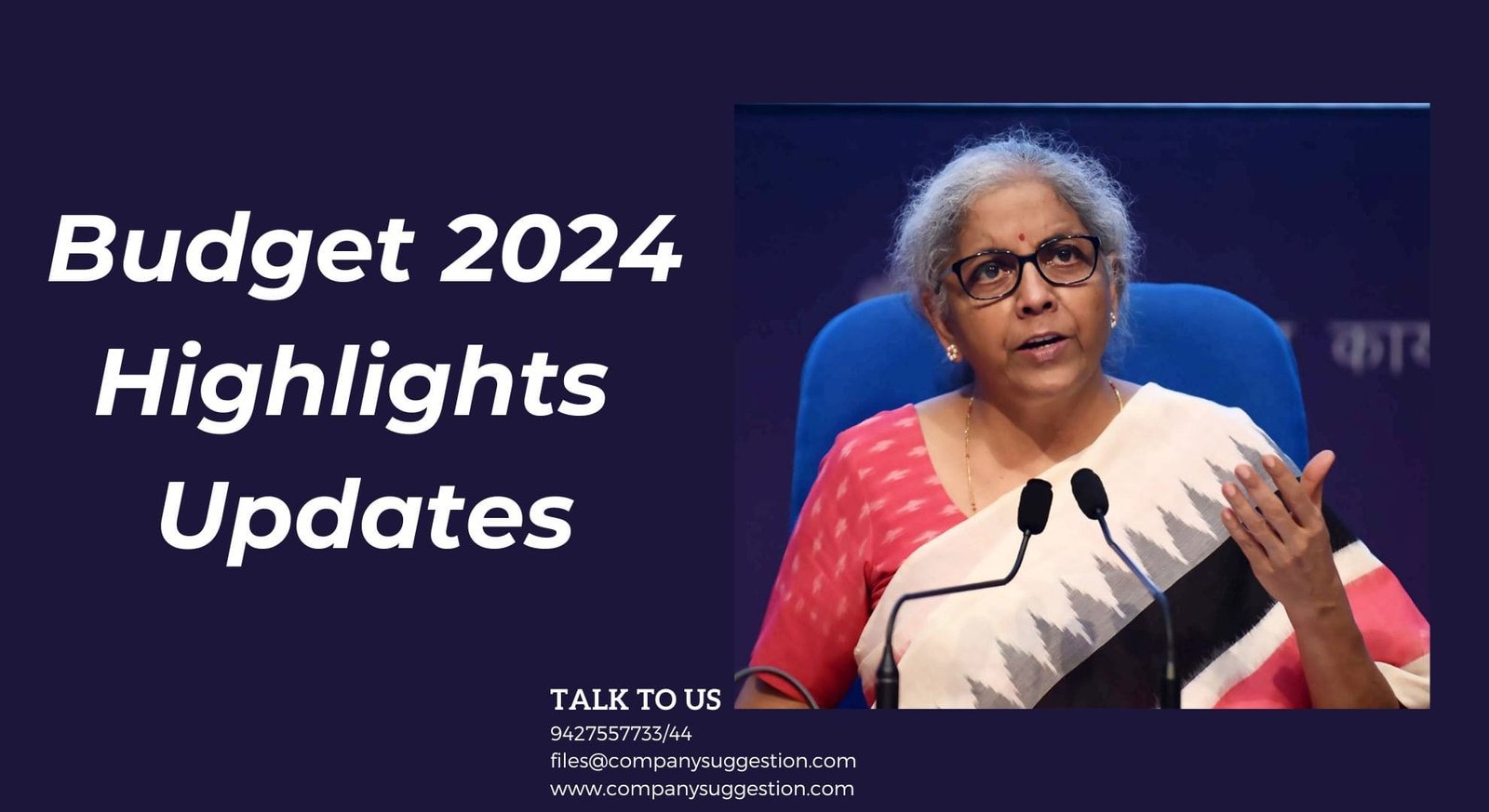What are the LLP Allowable expenses?
In the world of business, effectively managing finances is crucial for success, and this holds true for Limited Liability Partnerships (LLPs) as well. One aspect that is sometimes neglected is the importance of thoughtfully determining which expenses are allowed within an LLP.
An LLP is a versatile and widely embraced business structure that melds the liability protection of a corporation with the operational adaptability of a partnership. In the normal course of its activities, an LLP encounters various expenditures. These costs can range widely, contingent on the specific nature of the business, but they all share a common thread: they are essential for the efficient functioning of the business. Effectively handling the financial aspects of a Limited Liability Partnership (LLP) involves a crucial understanding of which expenses are permissible. Efficient expense management is not only vital for upholding financial clarity but also for optimizing tax advantages, allowable LLP expenses, and overall financial viability.
Why Managing Expenses Matters?
Controlling expenses is essential for various reasons:
- Tax Advantages: Effectively handling expenses can result in tax deductions, lowering the LLP’s overall tax burden.
- Enhanced Profitability: Keeping a tight rein on expenses enables the LLP to boost its profits, crucial for long-term success and development.
- Financial Clarity: Precise tracking of expenses improves financial transparency, simplifying the assessment of the business’s financial well-being.
- Adherence to Regulations: Following expense regulations ensures the LLP complies with legal requirements, avoiding potential issues and maintaining a good standing.
Categories of Allowable Expenses
Expenditures within a Limited Liability Partnership (LLP) can be broadly classified into various categories. A comprehensive understanding of these categories is crucial to discern which expenses are allowable and which are not.
1. Operating Expenses
Operational expenses encompass the day-to-day expenditures associated with the functioning of the business. Generally allowable, these include:
- Rental or leasing payments for office space
- Utility bills (electricity, water, internet, etc.)
- Procurement of office supplies and stationery
- Premiums for insurance (business liability, property insurance)
- Maintenance and repair of office equipment
2. Employee-related Expenditures
Expenditures linked to employees, from recruitment to compensation, fall under this category. Permissible expenses include:
- Salaries and wages
- Employee benefits (health insurance, retirement plans)
- Payroll taxes (employer’s share)
- Expenditures on employee training and development
3. Marketing and Advertising Costs
Vital for business expansion, marketing and advertising costs that are generally allowable include:
- Advertising expenses (online and offline)
- Production of marketing materials (brochures, flyers)
- Development and upkeep of the company website
- Expenditures on SEO and digital marketing
4. Travel and Entertainment Expenditures
LLPs often incur expenses related to travel and entertaining clients. Allowable expenses in this category include:
- Travel expenses (flights, hotels, rental cars)
- Business-related meals and entertainment
- Expenditures related to client meetings
5. Professional Fees and Consultancy Expenditures
Specialized services often require fees, and these are generally considered allowable expenses. They include:
- Legal fees
- Accounting and auditing fees
- Consultancy fees
- Licensing and registration fees
6. Cost of Goods Sold (COGS)
For LLPs engaged in the sale of goods, deductable expenses include:
- Raw material costs
- Manufacturing costs
- Purchases of inventory
7. Depreciation and Amortization
Allowable expenses encompass the gradual loss of value of assets over time, including:
- Depreciation of tangible assets (equipment, machinery)
- Amortization of intangible assets (patents, trademarks)
8. Interest Expenditures
Interest paid on loans and credit facilities used for business purposes is generally considered an allowable expense.
9. Charitable Contributions
LLPs making charitable contributions may be eligible for tax deductions on these donations, making them allowable expenses.
10. Miscellaneous Expenditures
This category encompasses other necessary business operation expenses not fitting neatly into the above categories. It can include items such as:
- Bank charges and fees
- Services for office cleaning
- Licensing fees
Non- Allowable Expenses for LLPs:
Certain expenses cannot be claimed as deductions for Limited Liability Partnerships (LLPs). It is crucial to be aware of these non-allowable expenses to ensure accurate financial reporting. Here’s a breakdown:
- Personal Expenses: Any expenses that primarily serve personal purposes, such as personal vacations or home improvements, cannot be considered allowable expenses for deduction.
- Capital Expenditures: Expenditures leading to the acquisition of long-term assets, like purchasing a new building or machinery, are generally not eligible for deduction. These are viewed as capital investments and may be subject to depreciation over time.
- Penalties and Fines: Penalties and fines imposed by government agencies or regulatory bodies are typically not deductible as business expenses. These serve as deterrents rather than contributing to the operational costs of the business.
- Non-Business Expenses: Any expense unrelated to the core operations of the business cannot be claimed. This includes expenses associated with side hobbies or personal investments, as they do not contribute to the business’s operational functionality.
Being mindful of these non-allowable expenses is essential for LLPs to maintain financial accuracy and compliance with tax regulations. Proper categorization and documentation of allowable expenses are vital for effective financial management.Top of Form
Record-Keeping and Documentation
Accurate documentation plays a crucial role in validating eligible expenditures. It is imperative for the LLP to uphold well-organized records encompassing:
- Receipts and invoices
- Bank statements
- Payroll records
- Contracts and agreements
The upkeep of these records serves not only to align with tax regulations but also facilitates a streamlined monitoring of the business’s financial well-being.
Tax Implications
Comprehending permissible costs is essential for effectively handling the tax responsibilities of a Limited Liability Partnership (LLP). Appropriately recorded and permissible expenditures can diminish the LLP’s taxable earnings, ultimately decreasing its overall tax obligation. This holds particular significance for partnerships, as the gains and losses are transmitted to individual partners. Each partner’s tax responsibility hinges on their proportionate stake in the partnership’s earnings.
Conclusion
Effectively handling expenses is crucial for a successful LLP. Knowing which expenses are allowed and which are not is vital for clear finances, profit, and following the rules. By putting expenses into the right categories and keeping careful records, an LLP can get the most tax benefits, manage costs, and succeed in today’s competitive business world. It’s a good idea to talk to a qualified accountant or tax professional to make sure your LLP follows all the rules and takes full advantage of allowed expenses.
If you have any doubt regarding this, then you can send your doubts on companysuggestion and our team of experts will guide you












